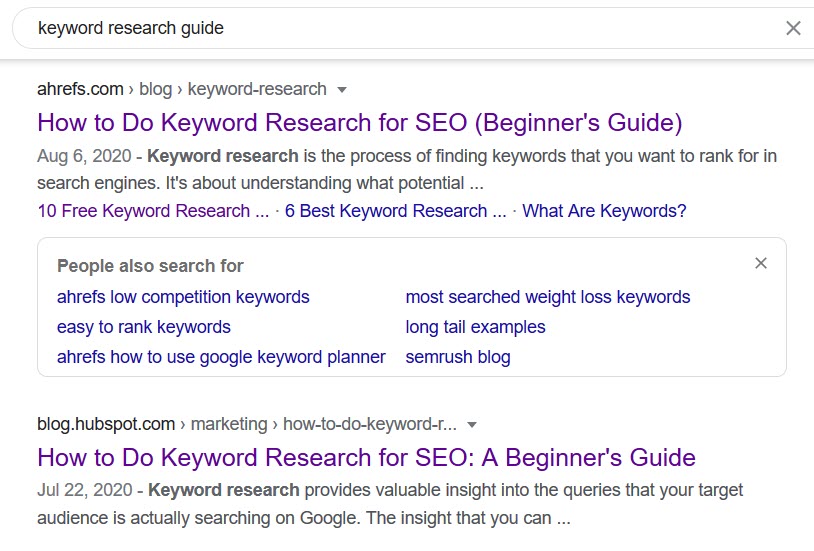
Ways to Turn Old Posts Into Fresh Content
3 Safe Ways to Turn Old Posts Into Fresh Content
Some websites update articles (or just date stamps) to make their content look fresh to get more clicks. Learn its SEO benefits and consequences here.
Fresh content still is powerful currency when it comes to search.
Ever since Google’s Freshness update, the more recent and relevant your content is, the higher its chances to rank in SERPs.
But what about the “appearance” of freshness?
What happens when a website tweaks old content a bit and changes the date on an article from 2014 to today?
What are the SEO benefits – and the consequences?
Most importantly, how do you keep “evergreen content” – content that’s meant to withstand the test of time – current and relevant year after year?
In this article, I’ll answer these questions by examining how key influencers in the SEO and digital marketing industry treat date stamps.
I’ll also discuss my strategy for combating outdated content.
Why Change Article Dates?
Let’s start at the beginning.
First off, as explained by Google’s Martin Splitt, it’s preferable to update an old page, rather than create a new one with very similar content.
But going beyond webpage updates, date manipulation can be quite an effective way to attract some attention on the SERP.
Easiest example: somebody is searching around for keyword research guides.
They come across this kind of SERP.

Obviously the keyword research guides listed here weren’t actually originally posted in 2020.
However, since keyword research is very dependent on the freshest information available, a user will naturally gravitate towards the most current results.
This means that the benefit of updating your content regularly is two-fold.
First, it appeals to users, because we naturally want to read the most current and up-to-date information.
This means date updates increase CTR, one of the essential SEO metrics.
Second, depending on the competitive vertical, the search engine itself might understand that being current is paramount.
Read more: searchenginejournal



